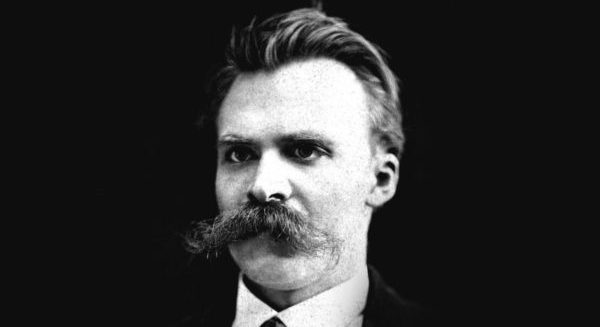The famous German philosopher and thinker Friedrich Nietzsche was a highly intriguing individual. His ideas and theories are considered quite controversial by some, which is not surprising—Nietzsche never hesitated to challenge the majority opinion, even when his statements and assertions did not fit into conventional frameworks.
It’s no wonder that even more than a century after his death, heated debates still surround such a towering figure. During his lifetime, Nietzsche wrote numerous philosophical treatises and inspired entire generations of both followers and opponents.
Facts from Nietzsche’s Biography:
- The philosopher’s father was a Lutheran pastor, as were both of his grandfathers.
- Nietzsche first tried his hand at writing while studying in high school.
- In his youth, Friedrich dreamed of becoming a musician, but that dream never came true. However, he did learn to play the piano quite well.
- Nietzsche was named after King Friedrich Wilhelm IV, as the future philosopher was born on the monarch’s birthday.
- While in high school, Nietzsche devoted significant time to studying ancient texts. Some of his later works are direct reinterpretations of these texts.
- Most of Friedrich Nietzsche’s writings are composed in such a way that they allow for considerable interpretation, which is why debates about their true meaning continue to this day.
- Nietzsche considered Wagner his favorite composer and held his work in high esteem.
- At the age of 24, while still a philology student, Friedrich Nietzsche was appointed as a professor at a university, an exceptional case.
- When the Franco-Prussian War broke out in 1870, Nietzsche was unable to participate as a volunteer on the front lines, despite his efforts to do so, as he had renounced his Prussian citizenship and moved to Switzerland by that time. Switzerland maintained neutrality in the war and prohibited Nietzsche from fighting, allowing him to go to the front only as a medic, which he did. During the war, the philosopher suffered severe bouts of dysentery and diphtheria.
- In his later years, Nietzsche met Richard Wagner, and the philosopher and composer soon became best friends.
- Among other philosophers, Friedrich Nietzsche was particularly fascinated by the works of Arthur Schopenhauer.
- The aforementioned friendship eventually fell apart. First, Wagner harshly criticized Nietzsche’s book Human, All Too Human, and later Nietzsche responded by publishing The Case of Wagner, which also angered the composer.
- Throughout his life, Nietzsche suffered from various illnesses and never enjoyed good health. He also treated himself with opiates, which was common practice in medicine at the time. By the age of 30, he was almost completely blind and constantly tormented by migraines.
- The last years of Friedrich Nietzsche’s life were overshadowed by mental illness. He was even placed in a psychiatric hospital, from which his mother later took him, but he spent the final 11 years of his life in a state of mental decline and with periodic bouts of paralysis.
- Nietzsche was never married and left no descendants.
- A museum in Nietzsche’s memory was established by his sister, Elisabeth, after his death.
- For over 30 years, Nietzsche was stateless, having renounced his Prussian citizenship and never obtaining Swiss citizenship.
- Nietzsche remained a staunch opponent of all religions throughout his life.
- Shortly before losing his mind, the philosopher attempted to enter politics, but did not achieve much success.
- The complete works of Nietzsche have been published in more than 20 volumes.
